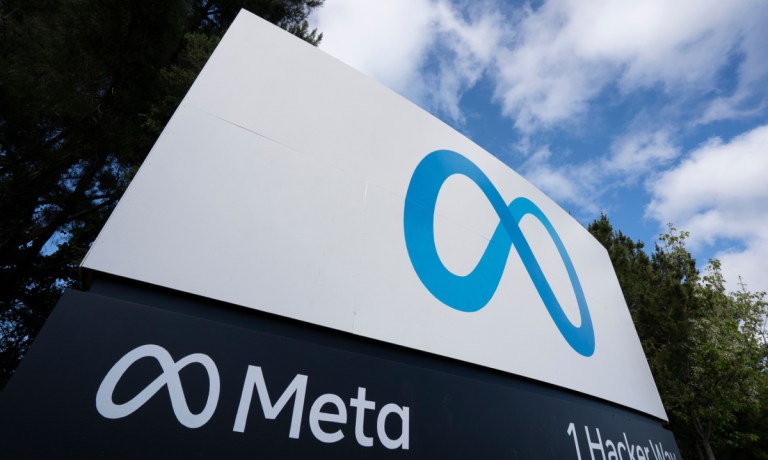The generative artificial intelligence (AI) landscape is getting crowded.
And some of the world’s biggest technology companies are starting to jostle for elbow room.
This, as Meta on Tuesday (July 18) released a commercial AI model, LLaMA 2; while OpenAI strikes a deal with the Associated Press (AP) to license the news, and Elon Musk launches his new startup xAI into earth’s landlocked commercial orbit.
Even hardware giant and the world’s most valuable company, Apple, is allegedly prepping its own suite of AI tools to challenge offerings from peer firms like Microsoft, Google, Meta, OpenAI, and more.
While businesses – and in particular tech firms – have integrated AI features into both the front and back-end of their products for years, many incumbent giants like Apple were caught sleeping late last year as Microsoft and OpenAI launched their buzzy generative chatbot, ChatGPT, as a standalone solution kickstarting a new AI arms race.
Generative tools typically provide the same thing — a way to create images, videos, and other media from text prompts, as well as serve as a research co-pilot or task-focused enterprise enhancement solution.
Advertisement: Scroll to Continue
That’s why players across the AI ecosystem are starting to sharpen the spears of their competitive differentiations and unique advantages.
Read More: Big Tech Leans on AI to Stabilize After Brutal Year
An Open-Code Opening Salvo
For its part, Meta has decided to stand out from the crowd by choosing to open source the just-released version of LLaMA 2, making it available free of charge for research and commercial use.
“When software is open, more people can scrutinize it to identify and fix potential issues,” Mr. Zuckerberg said on his personal Facebook.
“Meta [is] supporting an open approach to provide increased access to foundational AI technologies to the benefits of businesses globally,” the company wrote in a blog post announcing the release of its open source AI model.
The open access approach means that software fans and developers around the world are now freely able to access Meta’s AI capabilities and tinker with the technology.
Meta’s AI model was pretrained on 2 trillion parameters with over 1 million human annotations, and has double the context length of the previous version of LLaMA 1.
Open source computer code is able to be freely copied, modified and reused. The hope from Meta is that this will spur greater AI experimentation and leapfrog the company relative to rivals.
A slew of technology leaders signed a public letter signaling their support for Meta’s open source AI initiative, including executives from Nvidia, DoorDash, Y Combinator, Zoom, IBM, Dropbox and both named partners of Andreessen Horowitz.
“We support an open innovation approach to AI. Responsible and open innovation gives us all a stake in the AI development process, bringing visibility, scrutiny and trust to these technologies. Opening today’s Llama models will let everyone benefit from this technology,” the letter states.
Read also: FTC’s OpenAI Investigation Reveals Best-Practice Guidelines for Data Teams
Walled Gardens
In contrast to Meta’s approach, many AI companies have set limits to access to their technology and placed controls around it citing safety concerns and fears of misuse and abuse, while more cynical observers and critics allege they are merely looking to stifle competition.
After all, there’s a caveat in the commercial user agreement of Meta’s LLaMA 2 contract that requires companies with 700 million monthly active users or more to request a license, a clause that bars many of Meta’s competitors from accessing the open source code without requesting a license.
Observers believe that Meta’s move of open sourcing its AI signals that the tech company wants to be the default AI provider within the landscape. Providing an open source model makes it more difficult for other actors to compete on price — Microsoft, for its part, is already having to defend the $30 monthly price tag for its own AI features.
Many of the firms that signed the letter lauding Meta’s open source approach have partnered with the tech company to leverage its AI foundation models for their own use.
As PYMNTS reported, Qualcomm Technologies is collaborating with Meta to make available Llama 2-based AI implementations on smartphones and PCs.
“I’m looking forward to seeing what you all build!” Mark Zuckerberg wrote in his Facebook post.

